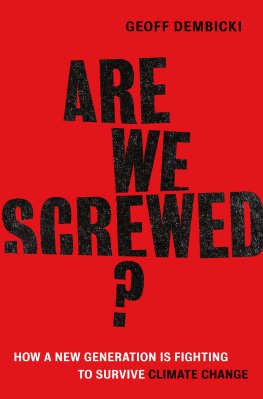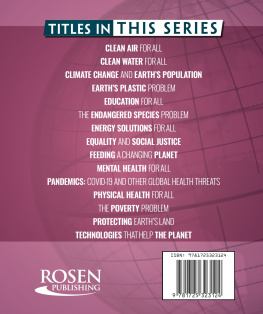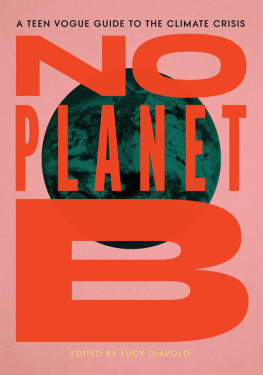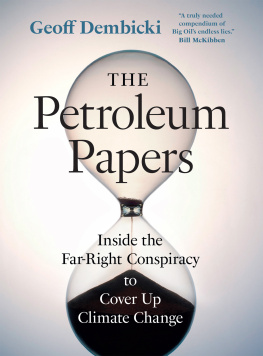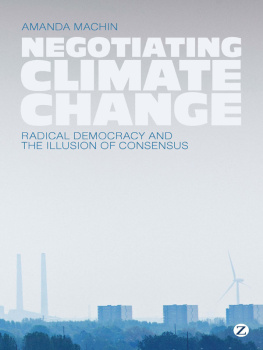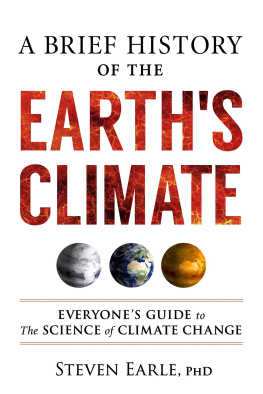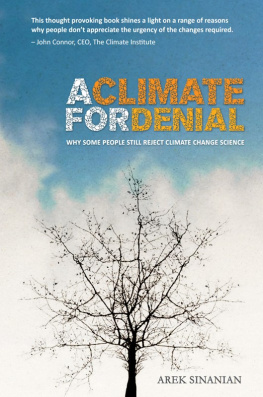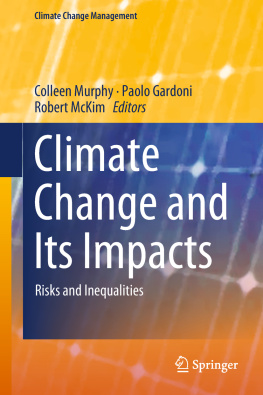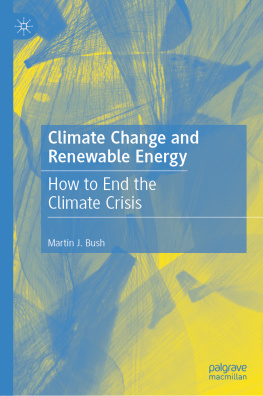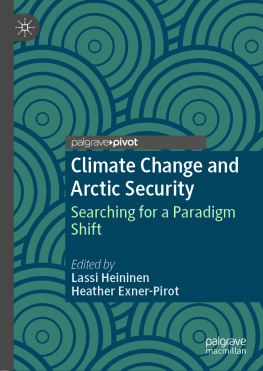

For Kara

Contents
TIME IS TICKING DOWN
When I was at the Paris climate talks in late 2015, I witnessed something that totally opened up my mind. It happened at an event called Young and Future Generations Day. The purpose of the event was to celebrate the achievements of people my age. It was packed with people under thirty-five. Theyd come from the United States, Australia, China, India, South Africa, Brazil, Britain, and just about every country in between. There were reporters and camera crews and security all over the place. You needed a special UN badge to get into the converted airport where the event was being held. Outside, thousands of police and soldiers guarded against a terrorist attack like the one that had killed 130 people in Paris three weeks earlier. Inside, leaders from all the worlds nations were trying to figure out how to keep civilization from collapsing.
Like all the young people seated around me, I had a special stake in the outcome of the COP21 negotiations. Ever since I was a toddler, world leaders had been meeting to discuss my futurewhether I would have a safe, stable, and prosperous world to grow old in, or one defined by extinction, disaster, and ruin. What progress they had made toward the first option was terrifyingly slow. Before the Paris talks even began, climate scientists were predicting that 2015 was going to be the hottest year in recorded history. If leaders from nearly two hundred countries couldnt broker a deal in the French capital capable of cooling the planet, it would be me and everyone else in my generation who felt the impacts. Most of the leaders in Paris were in their forties, fifties, and sixties. They wouldnt be around when every coastal city was underwater.
But many of the people at Young and Future Generations Day could be. Most of us were in our twenties or early thirties. As Millennials we were the most closely studied age cohort in history. Yet rarely did the advertisers and politicians and pollsters and columnists who made sweeping generalizations about people my age ask what it was like to live with the awareness that human civilization could come undone in our lifetimes. It seemed that people of older generations were much more interested in speaking to usor about usthan in listening to what we had to say. The UN climate change chief at the Paris COP21 talks was no exception. In her opening speech at Young and Future Generations Day, Christiana Figueres told the room to be very proud of yourselves for taking part in this years climate negotiations. When she was finished speaking, she got up and walked out of the room. Nearly all the security and camera crews and reporters left with her.
For the most part, it was just people my age remaining. A delegate in her mid-twenties, Anjali Appadurai, took the mic. I am disappointed that Christiana left the room before the youth had the chance to speak, she said. If the UN climate change chief had stayed, Anjali explained, she would have heard from a generation that has a completely different view of the world than the leaders negotiating its future. Figueres wouldve heard from people whose survival is literally threatened by climate change, who know that a better world is possible but see it blocked by the deeply flawed structures of our current one. A new paradigm that is not based upon extraction from the Earth and oppression of one another does live in this generation, Anjali declared.
All around me young people were nodding their heads in agreement. And when Anjali finished speaking, the room erupted in cheers and applause. Dozens of people gave her a standing ovation. I realized in that moment that Anjali was speaking to an anxiety lodged deep in my generations subconsciousone at the very center of what was being negotiated in Paris. Since our formative years wed lived through one global disruption after the next. Wed been ripped from our place and history by neoliberalism, duped into disastrous conflicts by the Wars on Terror and Drugs, and stunted by the Wall Street crash. Nobody needed to convince us to distrust our political and economic system. The evidence was everywhere.
But the most damning piece of it was accumulating in our atmosphere. In the lead-up to the Paris talks, the former NASA climatologist James
To the people my age at Young and Future Generations Day, this was evidence of a political and economic system that didnt care about our survival. And after spending our entire lives inside that system, we were starting to reject it. More and more of us were becoming convinced that capitalism needed to ditch its focus on short-term profits; that our national identities were less important than our global ones; and that politics was way too obsessed with left versus right. This generational values shift posed a radical challenge to the world we currently live in. It was the new paradigm that Anjali was describing in Paris. Yet as Id seen when Figueres walked out of the room, few people in positions of power seemed to be taking itor usall that seriously.
It wouldnt be long before they were forced to. I now knew from firsthand experience that under the right conditions, my generation is capable of rapid and transformational change. Before Paris, Id been to Silicon Valley, Canadas tar sands, Washington, D.C., Wall Street, and many places in between. Along the way I saw powerful glimpses of the future that people my age are creating. I saw it in a young homesteader fending for himself in the Pacific Coast rain forest. A Brooklyn artist unwittingly terrifying the oil industry. A Middlebury graduate helping to force Obamas hand on climate change. A Vancouver activist risking his reputation and career to topple a petrostate. A Harvard sophomore taking on a $5 trillion industry. A scientist running across Norways rapidly melting Arctic. An indigenous filmmaker challenging the worldview of Silicon Valley. A Muslim feminist fomenting a political revolution in Iowa.
Each time people my age came together to create a better futurewhen, for instance, we transformed a fringe socialist politician named Bernie Sanders into a serious contender for U.S. presidentelders dismissed our radical worldview as a passing phase. But the Millennials I met while researching this book proved that worldview has in fact been developing and evolving for years, and that its impacts will persist long into the future. Like many others my age, these young people are fed up with a status quo that refuses to take their survival seriously. And they were told over and over again by people in power that it is nave and impractical to demand one that does. What I learned from hearing their stories was that those people in power are completely wrong. Our political and economic leaders think things will stay the way they are now forever. Like all the others seated beside me in Paris, though, I knew that the system we live in is more fragile than it appears. I knew that when people of my generation work together to confront it, the impacts are profound and immediate. But I also knew that time is ticking down. The planet is getting hotter every day. And with the election of Donald Trump to the White House, we dont have much time left to prove it.
In 2003 Peter Janes said goodbye to our political and economic systemor tried to, at least. He started by saying goodbye to his undergraduate degree in anthropology and environmental studies at the University of Victoria. Next, he said goodbye to the sleepy British Columbia capital of Victoria on Canadas west coast, where hed pursued it. Then he packed his bags for the rain forest. Ever since Peter could remember, hed felt a sense of deep unease about the future. Where our political and economic leaders talked of endless growth and profits, he could see only an unfolding catastrophe. Across the world, forests were shrinking, glaciers were melting, oceans were acidifying, and plants and animals were dying off. And up above it all was the existential tick-tock of our overheating atmosphere. How much carbon dioxide could we pump into it before human life was completely fried?
Next page
